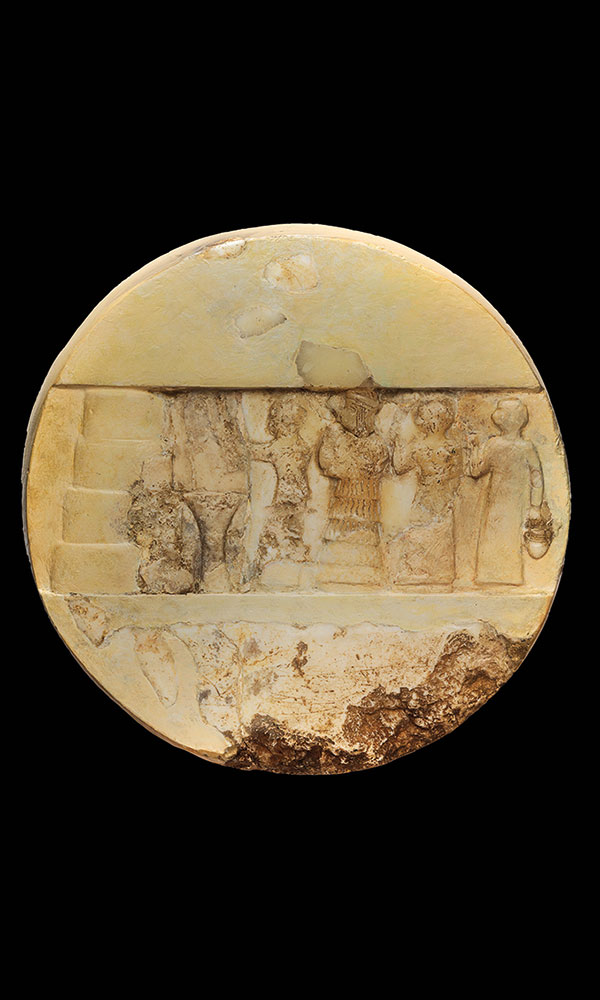NORTHAMPTONSHIRE, ENGLAND—BBC News reports that Bronze Age and Roman-period artifacts have been found at the site of a natural spring in England’s East Midlands by researchers from the Museum of London Archaeology. The team members estimate that the site was in use for more than 2,000 years. Five empty burial urns were found in the Bronze Age barrow, which has been dated to about 2000 B.C. “The fact no human remains were placed within the barrow suggests it may have had a more symbolic rather than functional use,” explained researcher Simon Markus. A stone building with an underground room at the site has been dated to between A.D. 43 and 410. It was decorated with elaborately painted plasterwork, and may have had a painted ceiling. The researchers think it may have been a Roman shrine associated with the spring. Water tanks estimated to be 2,000 years old were also uncovered. Traces of willow tree blossoms, pinecones, walnut shells, and a leather shoe were recovered from the tanks. To read about a luxurious Roman building complex in North Yorkshire that researchers think may have been a religious sanctuary, go to "Leisure Seekers."
Possible Ritual Center Found Near a Spring in Eastern England
News January 10, 2023
Recommended Articles
Digs & Discoveries March/April 2023
Early Medieval Elegance
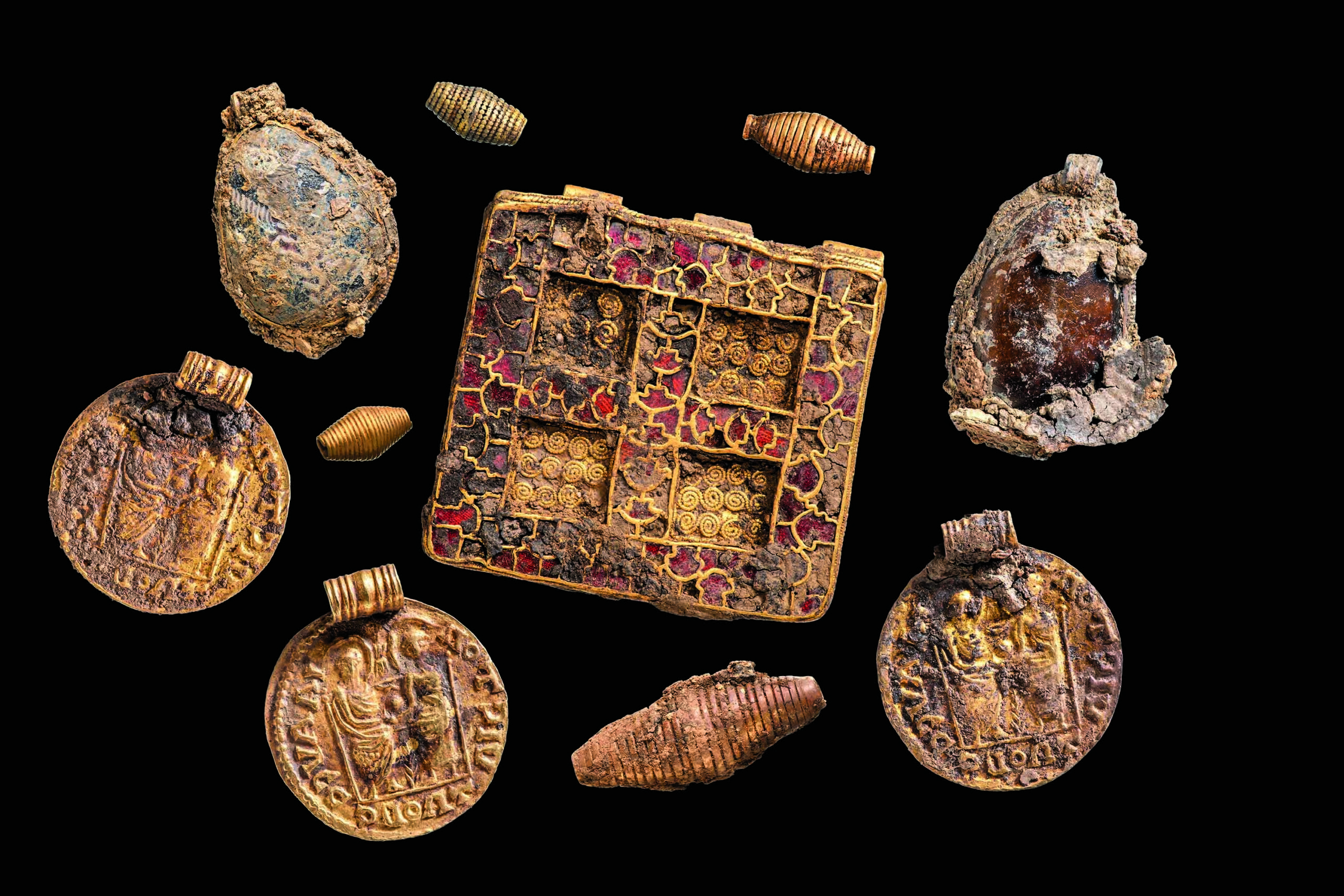
Artifacts January/February 2022
Roman Key Handle
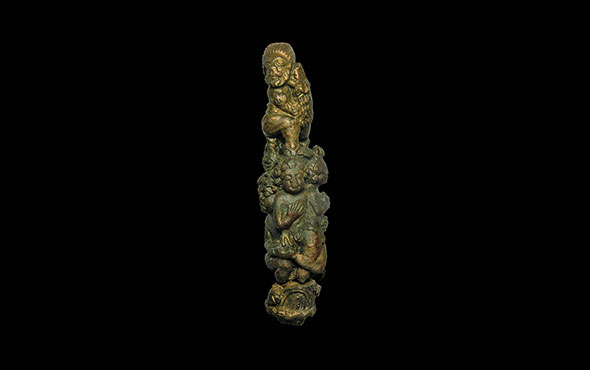
Digs & Discoveries November/December 2021
Identifying the Unidentified
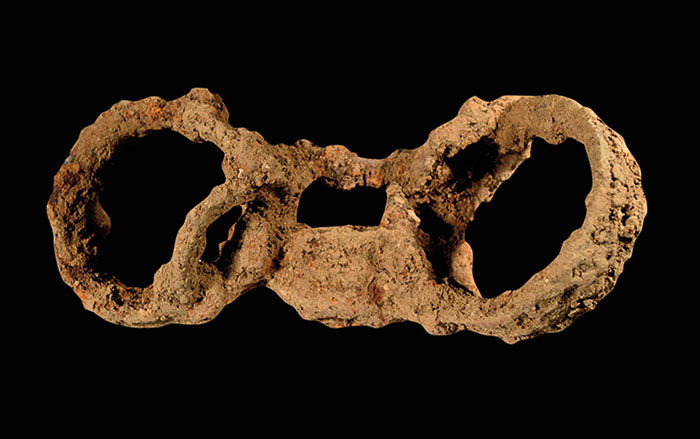
Digs & Discoveries September/October 2021
Leisure Seekers
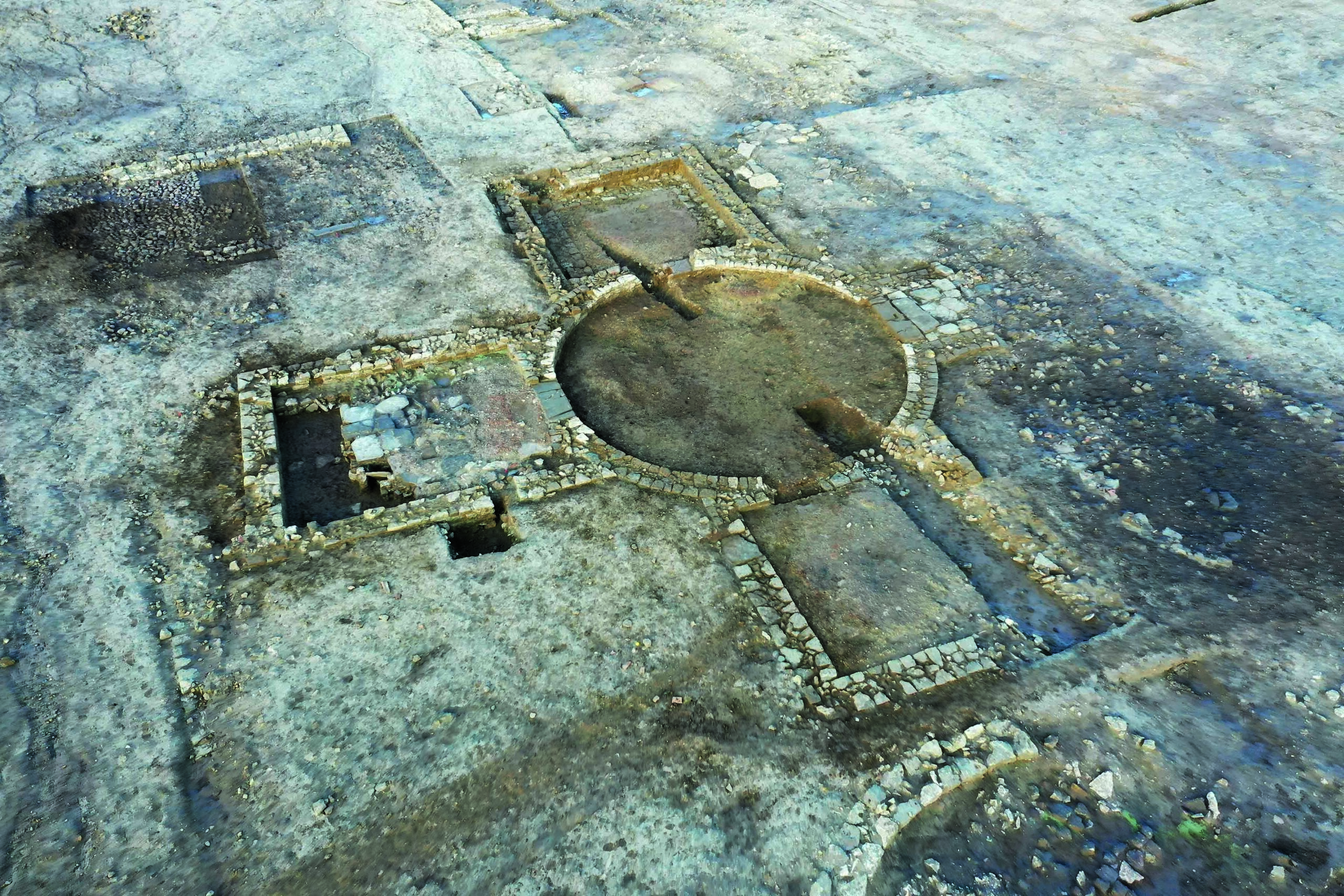
-
Features November/December 2022
Mexico's Butterfly Warriors
The annual monarch migration may have been a sacred event for the people of Mesoamerica
 (+NatureStock)
(+NatureStock) -
Features November/December 2022
Magical Mystery Door
An investigation of an Egyptian sacred portal reveals a history of renovation and deception
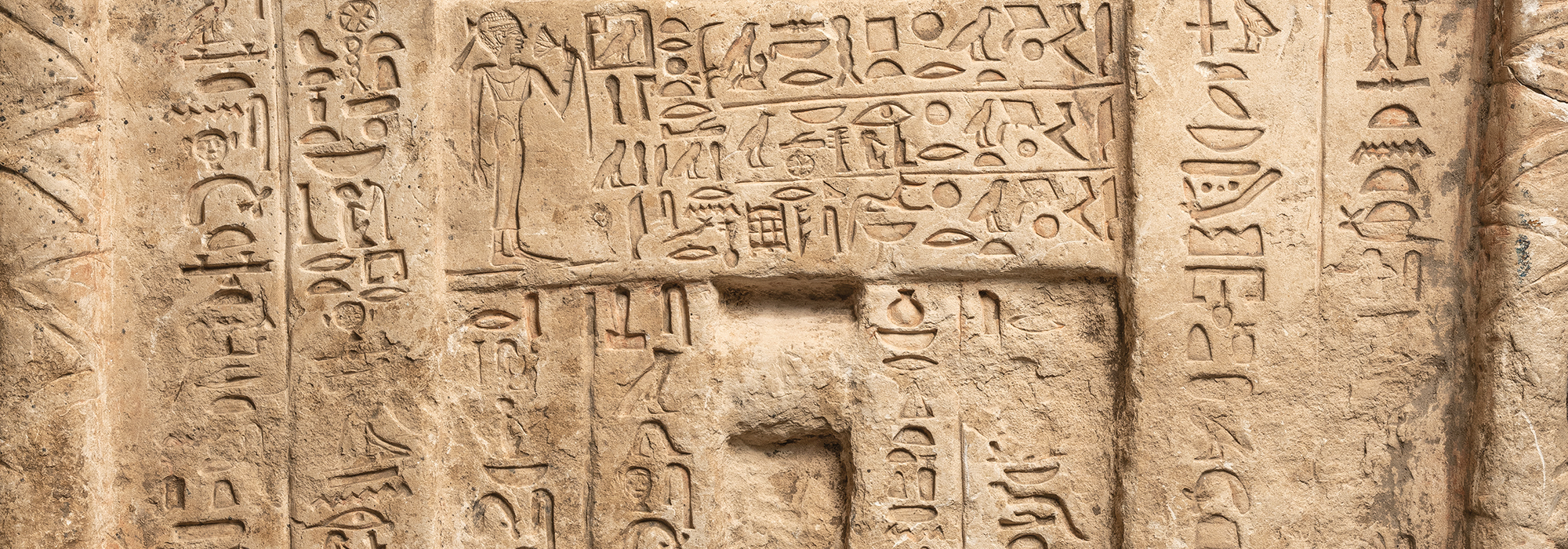 (© The Fitzwilliam Museum, Cambridge)
(© The Fitzwilliam Museum, Cambridge) -
Letter from Australia November/December 2022
Murder Islands
The doomed voyage of a seventeenth-century merchant ship ended in mutiny and mayhem
 (Roger Atwood)
(Roger Atwood) -
Artifacts November/December 2022
Hellenistic Inscribed Bones
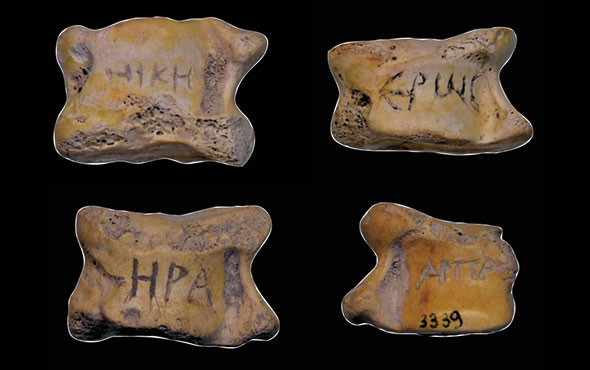 (Courtesy Israel Antiquities Authority)
(Courtesy Israel Antiquities Authority)



